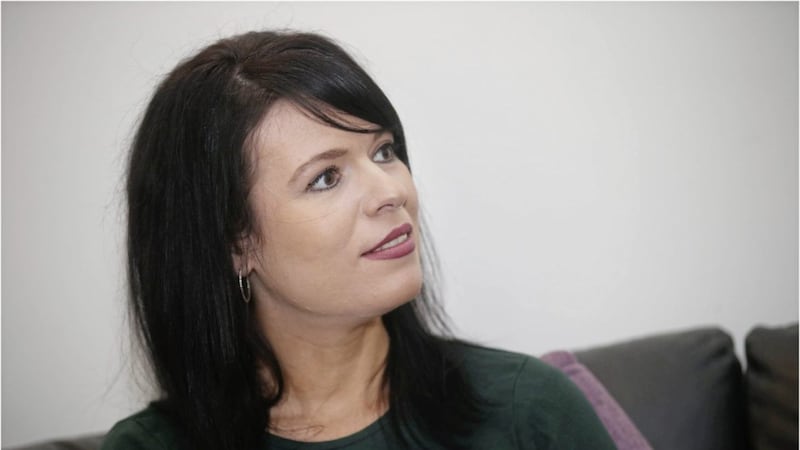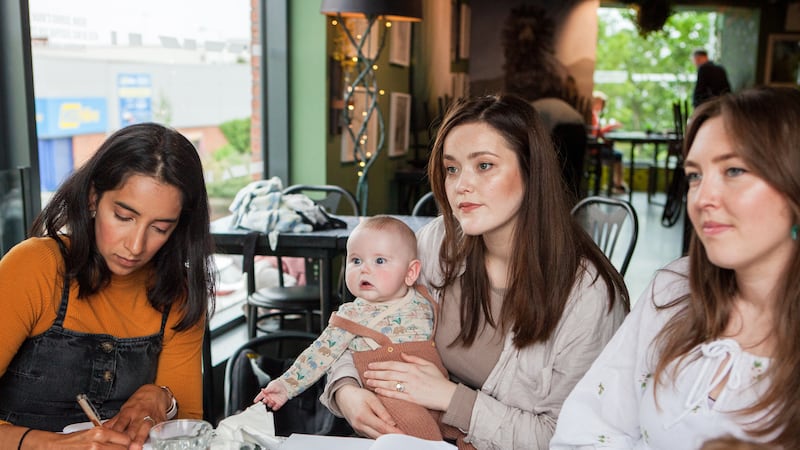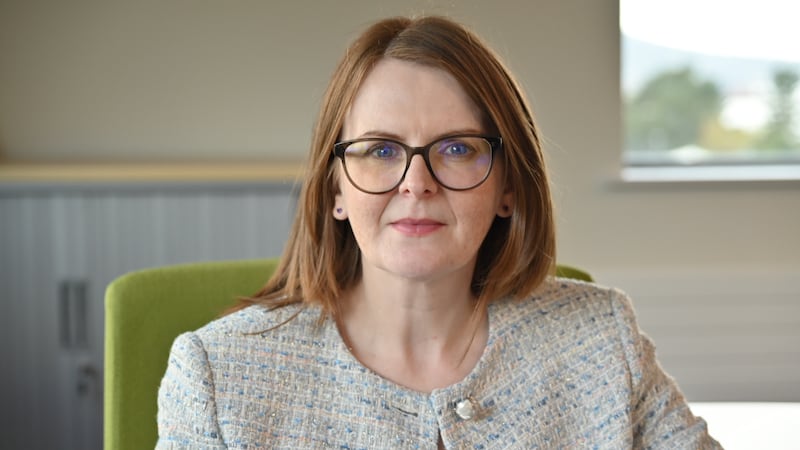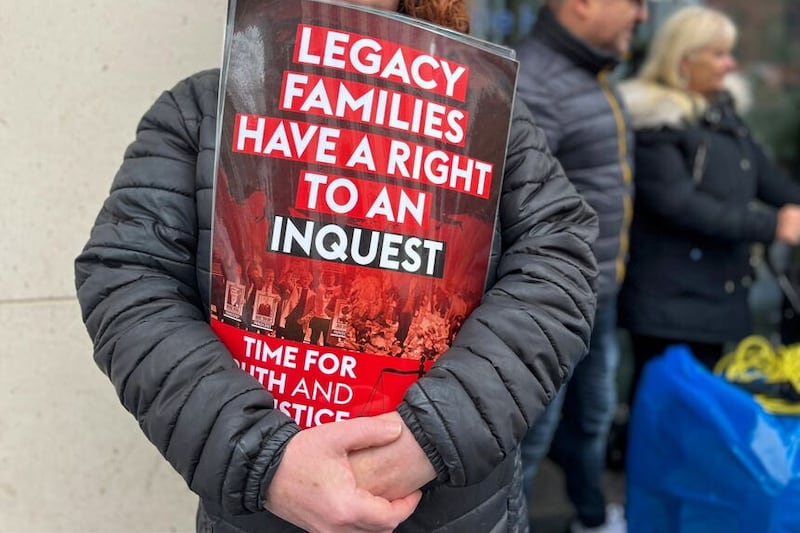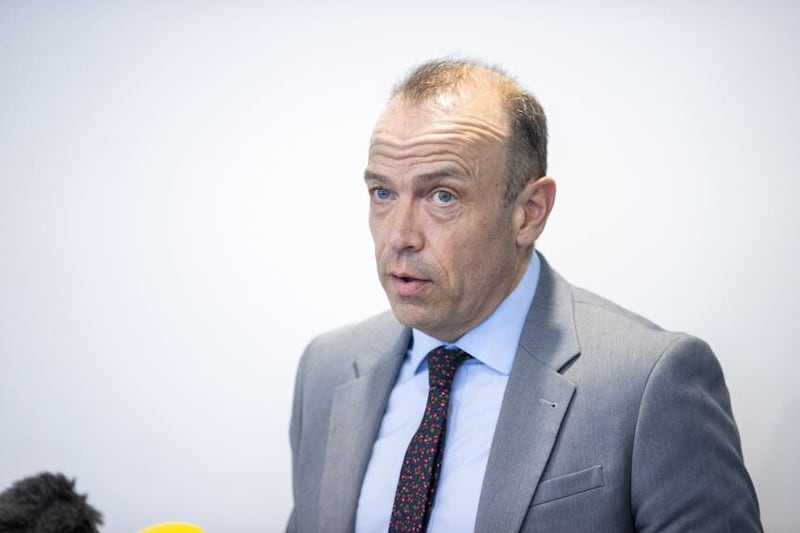AS an official with Amnesty International, Grainne Teggart has campaigned for the introduction of abortion services in Northern Ireland for the last decade.
She supported Sarah Ewart through a high-profile court case which spanned her own pregnancy.
Now a mother to a three-year-old son, Ms Teggart said decriminalisation from tomorrow will be a relief rather than a celebration.
“From that day onwards we’re free, we’ll no longer be treated as criminals for accessing healthcare and soon we’ll have free, safe, legal and local services - and much earlier for that for women in Sarah’s case,” she said.
“It’s a strange moment because it’s not a celebration as you would typically understand it. It is just relief, whether it’s the work that we’ve been doing together and knowing how this has impacted Sarah but also so many other women who we’ve heard from who feel they couldn’t speak out and are just waiting for this moment.”
The law change means that a case against a mother who is being prosecuted for buying abortion pills for her daughter will be dropped.
“Her freedom literally hangs on this,” Ms Teggart said.
“People talk about abortion in an argumentative sense but they forget the reality of what the abortion ban here has meant.
“It has meant women being hauled through the courts, it has mean women being prosecuted, it has meant women like Sarah being forced to make lonely journeys when all they needed was a compassionate response and care from their doctors here in an environment which is familiar to them.
“Women have been going online and buying abortion pills and bleeding at home, fearful of going to their doctor in case they were prosecuted. It should not have taken this long to get to a point where finally women are going to be treated with dignity.”
Ms Teggart said campaigners were grateful for MPs’ intervention at Westminster in bringing about the change, which will see a public consultation on what new abortion services will be put in place by next April.
“It has been so hard fought for."
She said the north’s abortion laws have meant some women are not receiving proper care and some who have had terminations in Britain following a fatal foetal diagnosis have had to bring back their child’s remains “in Jiffy bags or cooler bags and the clinics have had to ring security at the airport to explain what this is”.
“I find it astonishing when people somehow try to present our law as life-affirming because it is not at all positive for the 1,053 women who travelled (for abortions) in 2018, it was not life-affirming for Sarah,” she said.
“What the law has done is actually compromise the care that women were given.
“Just because abortions were illegal, it didn’t stop women needing or seeking them. It forced them to buy abortion pills or make lonely journeys.
“Everyone is entitled to their views but those views should not dictate other people’s access and that has to be the bottom line.”
